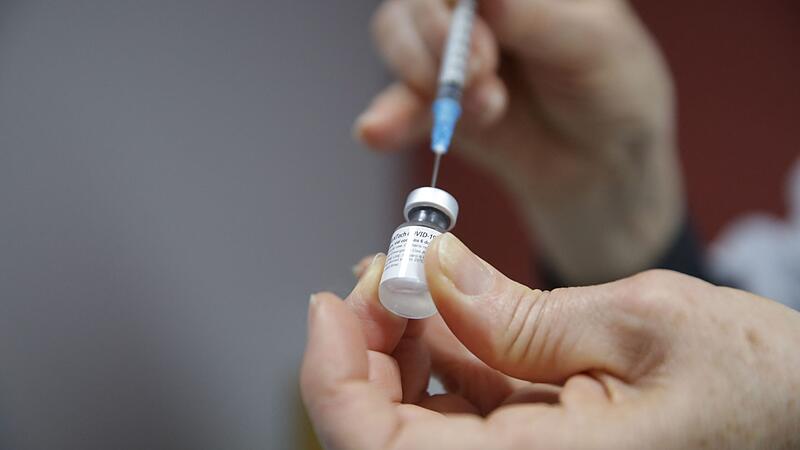Researchers from the Institute of Virology and Immunology (IVI) and the University of Bern report on a vector vaccine candidate against Covid-19 in the nature portfolio journal “npj Vaccines”. As the IVI announced on Tuesday, the vaccine is based on a so-called VSV vector (vesicular stomatitis virus) that contains the glycoprotein G. After a single intramuscular immunization, a strong antibody reaction against the Sars-CoV-2 spike protein developed. Such a vaccine candidate had already been developed in the USA and Israel. However, the project was shelved because the researchers could not find an adequate immune response in human volunteers.
However, the research groups led by Gert Zimmer and Charaf Benarafa at the IVI and the University of Bern continued to explore this platform. They eventually came across an optimized version of the vector vaccine. Mice that had been given a lethal dose of Sars-CoV-2 nasally were completely protected, and they were at least partially protected from the delta variant of the coronavius. Studies with human subjects are now to confirm these results.
The vaccine seems to protect mice from severe courses. However, it does not appear to prevent the virus from multiplying in the respiratory tract. For Gert Zimmer it is therefore clear that “only the induction of local immune responses can block Sars-CoV-2 at the primary replication sites and prevent the transmission of the virus,” as he was quoted in the message. Future work should therefore also focus on immunization approaches that can trigger strong and lasting immunity in the mucous membranes.
According to the announcement, VSV is also a promising vector platform for other diseases caused by viral pathogens, such as Mers-CoV, HIV-1, hepatitis C virus or influenza A virus. A vaccine with a VSV vector against Ebola has already been approved.
In summary, the researchers state that the technology described in the present work will help improve the production, administration and safety of vaccines based on VSV vectors and optimize immunization in existing vaccine approaches against Sars-CoV-2.
Source: Nachrichten




